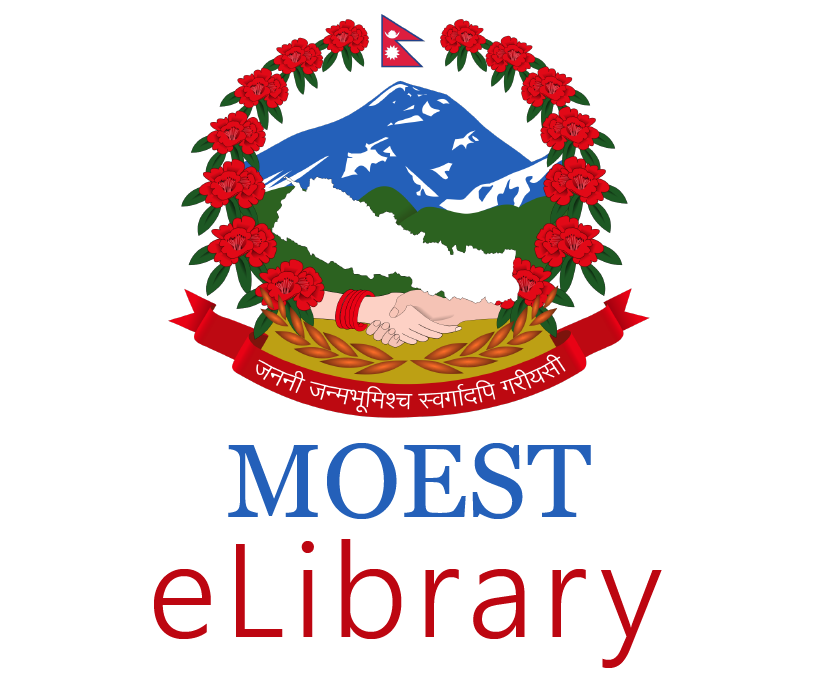Please use this identifier to cite or link to this item:
http://elibrary.moest.gov.np:8080/handle/123456789/559| Title: | Educational (R) Evolution and Achievement through Economic and Political Change in Nepal |
| Authors: | Manoj Kuwar |
| Keywords: | Majoritarian, Restoration, Democracy, (R)evolution, Exclusion, Socio-economic Change |
| Issue Date: | 2072 |
| Publisher: | National Center for Education Development(NCED) |
| Abstract: | Poor and developing countries have been found more vulnerable to violent confl icts due to inequality in distribution of resources and opportunities, inadequate service delivery system, injustice to identities, educational opportunities and beliefs, ineffective governance and administration, ineffi cient educational transformation and intolerant leadership. The main objective of this study is to explore and analyze the educational transformation's impact and affect on democratic movement and Nepalese People’s changing pattern of beliefs on democracy. Research has been carried out in academic arena to fi nd out logical answers of certain problems and it demands systematic process. All the data were gathered by different tools and then it was classifi ed on qualitative basis. The researcher checked and analyzed through quantitative analysis, chart, bar diagram, interpretation and presentation. Qualitative data or information was analyzed in descriptive ways. It has been estimated that Nepali political institutions lie fully on the majoritarian cluster in the two-dimensional map. A regional government representing marginalized socio-cultural groups would be able to formulate educational policies benefi cial to their people. Even ethnic minorities living in their own area would benefi t through federalism, as they would constitute a relative majority in a region as compared the entire state. |
| URI: | http://elibrary.moest.gov.np:8080/handle/123456789/559 |
| Appears in Collections: | लेखहरु ( Articles) |
Files in This Item:
| File | Description | Size | Format | |
|---|---|---|---|---|
| 145_Educational (R) Evolution and Achievement through Economic and Political Change in Nepal.pdf | 260.97 kB | Adobe PDF | View/Open |
Items in DSpace are protected by copyright, with all rights reserved, unless otherwise indicated.
